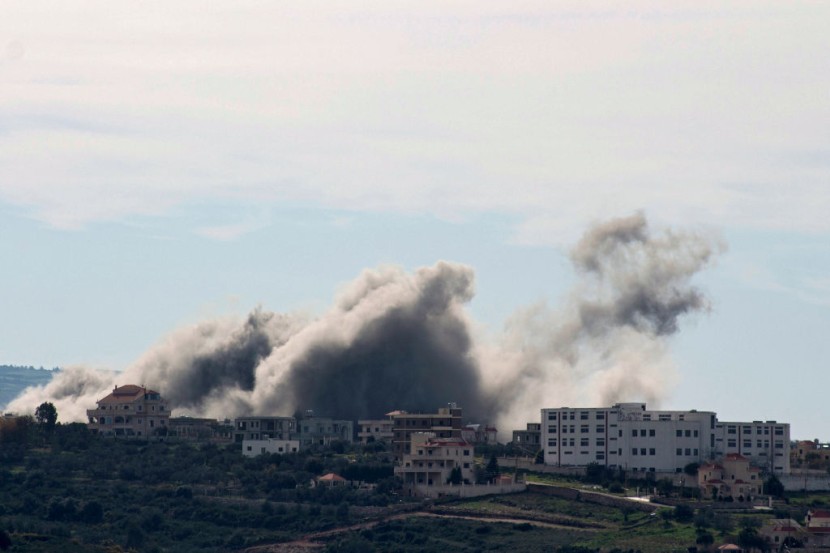The Israeli airstrikes in Southern Lebanon have resulted in the tragic loss of nine civilians, including women and four children, according to reports from hospital officials and Lebanese security sources.
The strikes occurred amidst escalating tensions between Hezbollah and the Israeli military along the Israel-Lebanon border. The exchange of fire began more than four months ago when Hezbollah launched rockets across the border in support of Hamas, its Palestinian ally.

A woman and her two children were among those killed in an Israeli strike on the village of al-Sawana, while another strike on a building in Nabatieh claimed the lives of two children, three women, and a man, according to the director of Nabatieh's hospital and additional security sources.
Additionally, four Hezbollah fighters were reported killed in separate strikes. Despite no announced operations from Hezbollah on Wednesday, the group's executive council vowed a response to Israel's attacks on Lebanese territory.
In response to Hezbollah rocket barrages that left one Israeli soldier dead and eight others hospitalized, Israeli government spokesperson Ilana Stein emphasized Israel's stance.
"Israel is not interested in a war on two fronts. But if provoked, we will respond forcefully," Stein stated. "The current reality, where tens of thousands of Israelis are displaced and cannot return to their homes, is unbearable. They must be able to return home and live in peace and security."
Israeli military chief Herzi Halevi reiterated this sentiment, indicating that while there have been achievements against Hezbollah, it is not the time to cease operations.
The ongoing clashes between Hezbollah and Israeli forces have raised concerns of a broader regional conflict.
Wednesday morning saw sirens blaring across northern Israel as rockets targeted border communities, resulting in casualties among Israeli soldiers. The Israel Defense Forces promptly responded with airstrikes targeting Hezbollah infrastructure in southern Lebanon.
Hezbollah, meanwhile, warned of consequences if the conflict widens, with leader Hassan Nasrallah stating that Hezbollah would only cease fire when aggression ceases and a ceasefire in Gaza is established.
Calls for Diplomatic Resolution
The cross-border violence has already led to numerous casualties and displaced tens of thousands of people in border areas.
United Nations (UN) peacekeepers in Lebanon observed a troubling increase in the intensity of exchanges between Israeli forces and armed groups, with attacks extending beyond designated boundaries. The organization has expressed alarm over the situation.
UN spokesperson Stephane Dujarric warned of the dangerous escalation in the conflict and urged for its cessation.
International actors, including the United States, have also emphasized the importance of pursuing a diplomatic resolution to prevent further widening of the conflict.
Matthew Miller, spokesperson for the State Department, affirmed that Washington remains committed to advocating for a "diplomatic path" to alleviate the cross-border tensions.
"One of our primary objectives from the outset of this conflict is to see that it not be widened," he added.
As tensions persist and casualties mount, the region remains on edge, with fears of a full-blown conflict between Israel and Hezbollah looming large.








